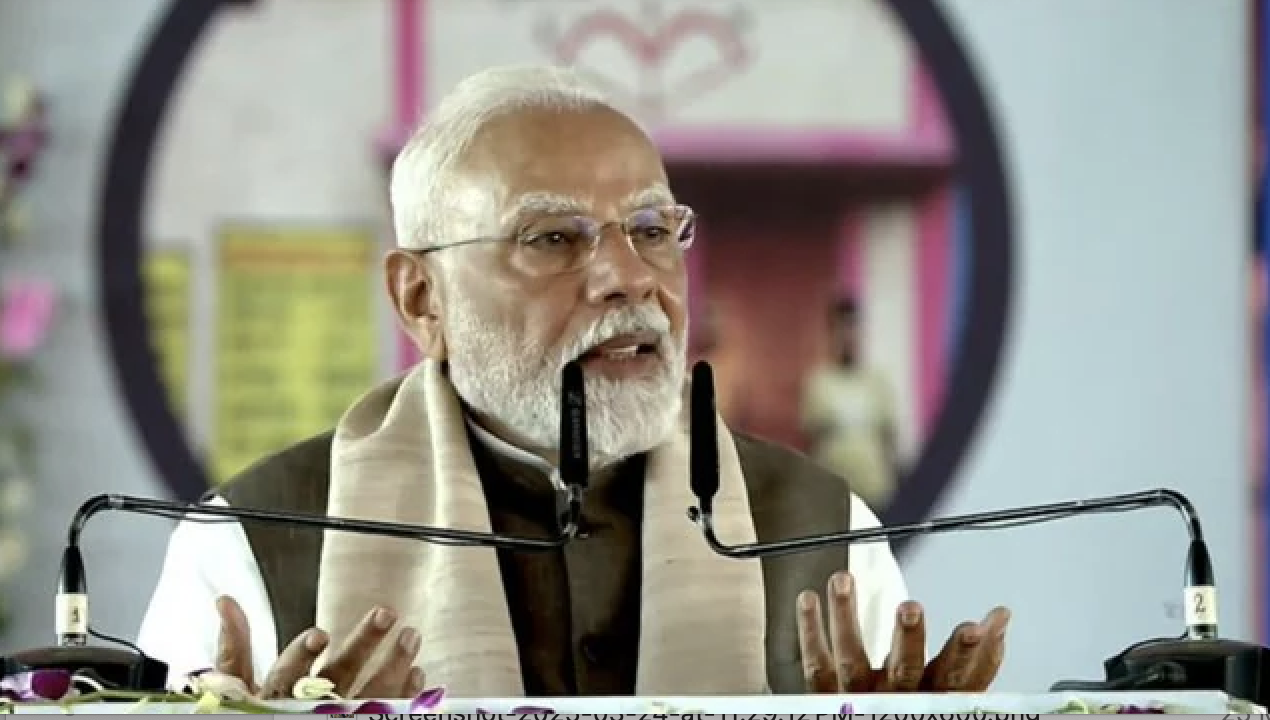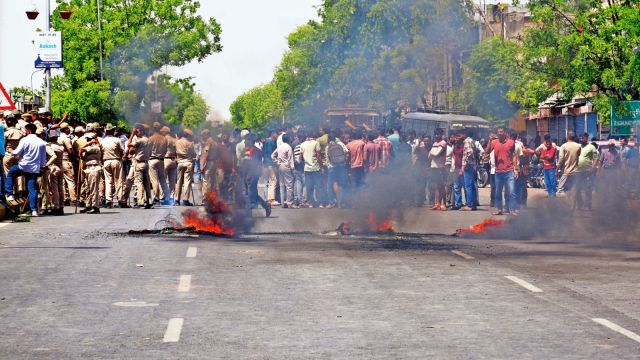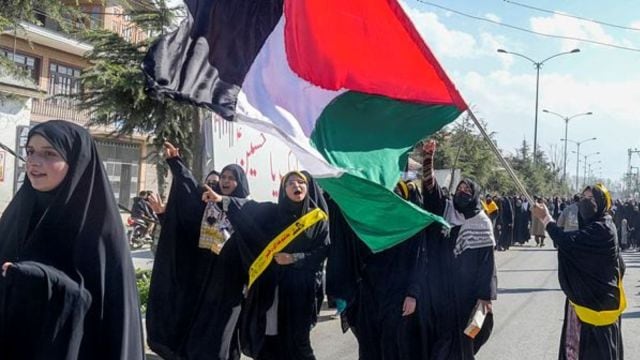After the dastardly rampage by Hamas in Southern Israel on 7 October, Prime Minister Narendra Modi was one of the first global leaders to extend support to the Jewish state. There was no equivocation, nor any attempt at balancing which led many to believe at home and internationally that India, under Modi, is following a “pro-Israel policy” in a sharp break with the past. However, if one examines closely, the Hindutva movement in general and the BJP, in particular, have shown enormous warmth to Israel ideologically, it has continually balanced it with support for the Palestinian cause in terms of policy.
Homelands: Ganga and Galilee
Among the Hindutva ideological pantheon, VD Savarkar, a leading figure of the Hindu Mahasabha, was perhaps the staunchest champion of a Jewish state. Writing in his chef d’oeuvre, ‘Essentials of Hindutva,’ as early as 1923, Savarkar stated that “If the Zionists’ dreams are ever realized—if Palestine becomes a Jewish State… it will gladden us almost as much as our Jewish friends.” Upon the success of the UN Partition Plan vote in late 1947, Savarkar expressed satisfaction employing the trope of Fatherland-Holyland, stating: “the Jews will soon recover their national Home in Palestine which has undoubtedly been their Fatherland and Holyland.” A survey of Savarkar’s writings, Hindu Mahasabha’s resolutions, and interventions of Mahasabha parliamentarians like VG Deshpande suggests that Mahasabha never signed up for the two-state solution nor deliberated in detail about the status of Jerusalem. In other words, Hindu Mahasabha never took a policy approach.
For other Hindutva offshoots, Israel-Palestine was as much a policy question as it was an ideological issue. For the Swatantra Party—the free market coalition of Hindutva—establishing diplomatic ties with Israel was a priority. The party’s Parsi face and former Indian ambassador to Brazil, Minoo Masani, used to recurrently attack the Congress government for having ties with enemies with whom India had fought wars but not with Israel—a democratic country from which India has much to gain and learn. His party colleague and former editor of The Statesman, Cushrow Irani’s position was that the Congress party was too fearful of Egyptian President Gamel Abdel Nasser to make its independent choice regarding Israel. Unlike Mahasabhaites, Swatantra leaders were not oblivious to international realities and took a pragmatic view of Palestine and Jerusalem. At the national convention in 1968, a year after the Six Day War, Swatantra passed a resolution to place Jerusalem under international trusteeship and urged the world leaders to alleviate the plight of Palestinian refugees, falling short of endorsing a two-state solution.
The Rashtriya Swayamsevak Sangh (RSS), the ideological parent to both the Bharatiya Jana Sangh (BJS) and the Bharatiya Janata Party (BJP), took a part-ideological part-political view of the topic, leaving the precise solution to its political arm, the BJP. Its second leader, MS Golwalkar, in his now-disowned work, ‘We, or Our Nationhood Defined,’ cites the Jewish state as an example of ideal nationhood. He is neither buoyant like Savarkar nor strategic like his Swatantra counterparts. However, the RSS mouthpiece, Organiser, has remained unsparingly scathing of Congress’ policy of non-recognition of Israel. A June 1964 editorial stated that both Israel and the United Arab Republic (now Egypt) are facts of international life, implying that it is folly to withhold recognition. Like Swatantra, it was incensed that the Congress party took its diplomatic cues from Cairo. “Are Arabs going to dictate us what our foreign policy shall be?” asked another editorial in October 1964.
This story was originally published in theprint.in. Read the full story here .






